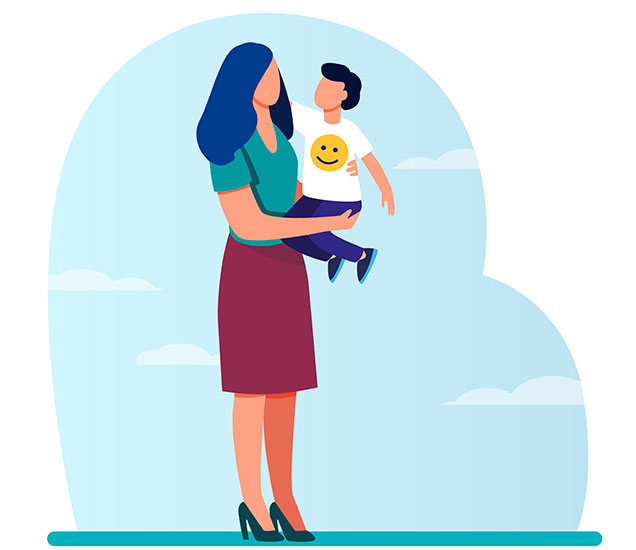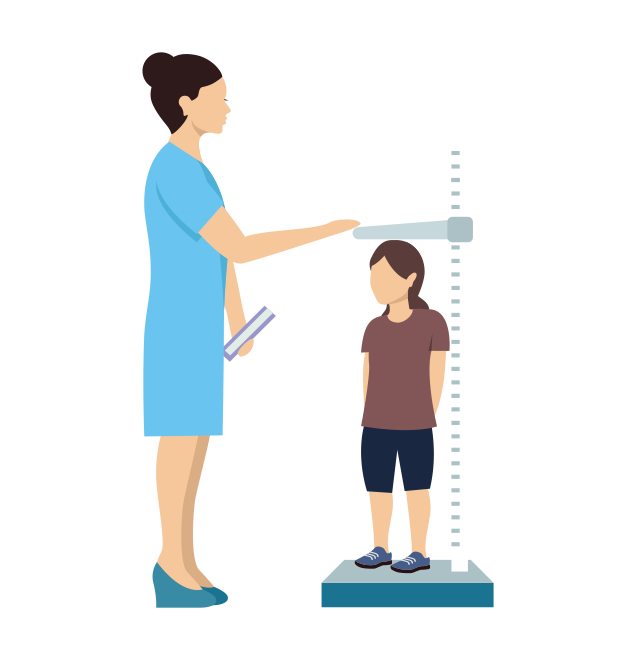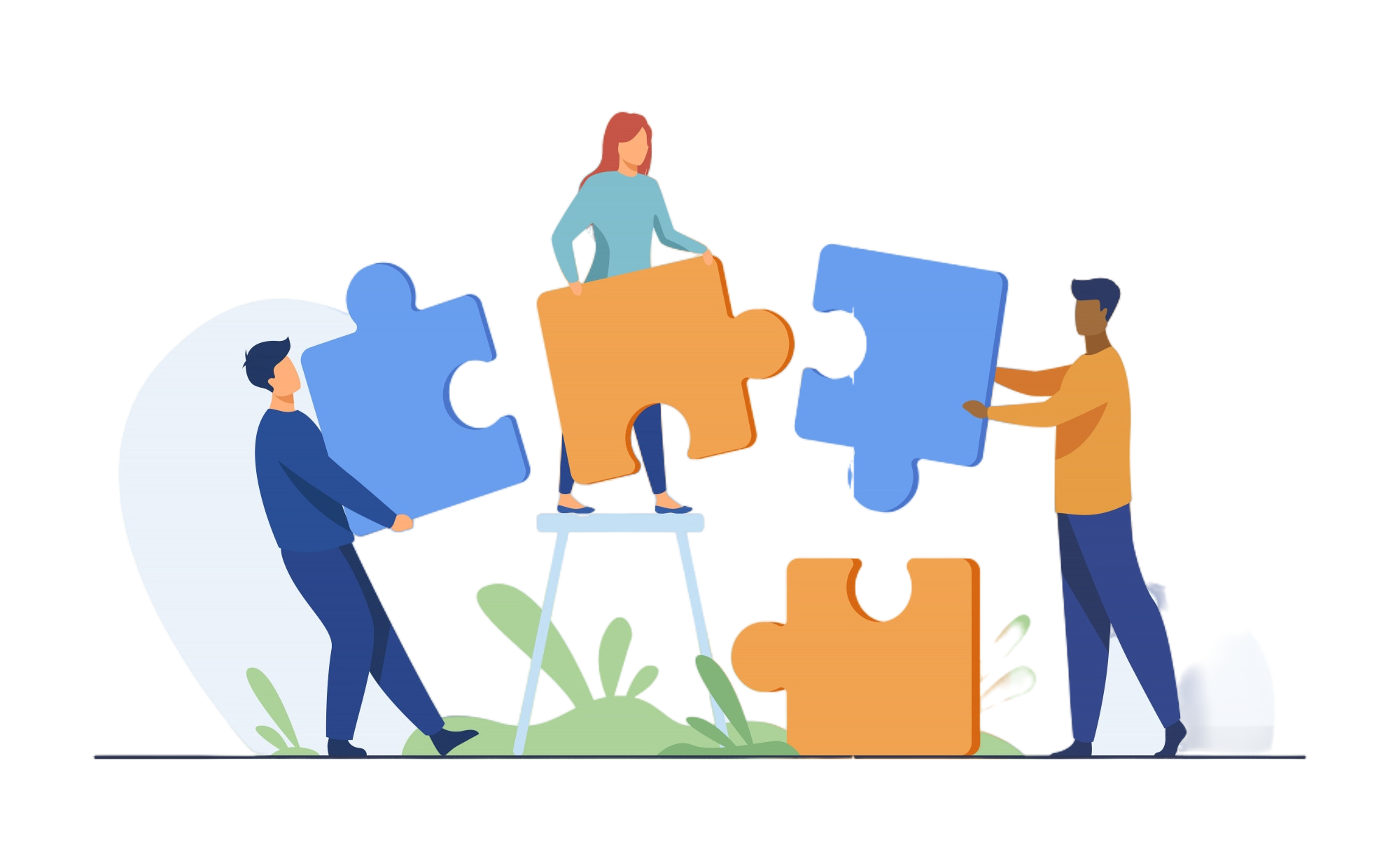
What is the NDIS?
The National Disability Insurance Scheme (NDIS) is run by the National Disability Insurance Agency (NDIA) and provides funding to eligible people who were either born with, or acquire, a permanent and significant disability.
Currently, the NDIS only recognises Fetal Alcohol Spectrum Disorder under ‘Congenital conditions – cases where malformations cannot be corrected by surgery or other treatment and result in permanent impairment but with variable severity’.
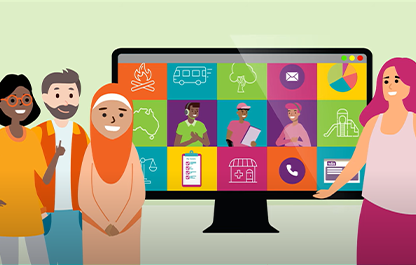
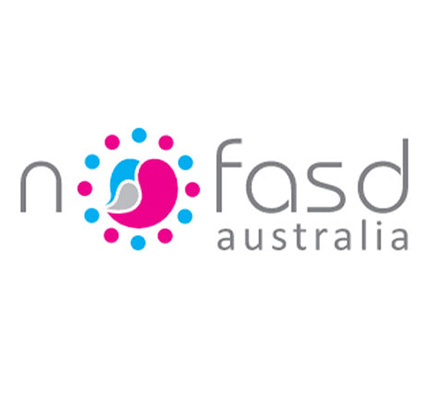
NOFASD Australia’s NDIS Portal brings together information about the NDIS for parents, caregivers, adults with FASD and anyone providing services to support families and individuals.
Frequently asked questions
To be eligible for support from the NDIS you must have a ‘permanent and significant disability’ and require support to complete everyday tasks.
People with FASD aged under 7 years old are automatically eligible for NDIS funding. People aged over 7 years old will need to provide evidence of severe functional impairment.
You will require a formal diagnosis for FASD, and the NDIS will need to see the reports produced by the Health Professionals involved in your assessment and diagnosis of FASD, in order to understand how FASD impacts you (or your family member), and how funding from the NDIS could help you.
We understand that navigating the NDIS application process can be overwhelming, which is why NOFASD Australia has developed an NDIS Portal, bringing together information for parents, carers, people with FASD and support services.
We recommend visiting their website for a step-by-step guide of how to apply for funding, and what is involved.
If you would prefer to speak to someone on the phone, NOFASD operate a free and confidential helpline service which operates every day of the year and can be reached on 1800 860 613.
Below is a list of the range of supports that the NDIS may fund for eligible people:
- Help with daily personal activities
- Transport to enable participation in daily life activities
- Help in the workplace which would allow a participant to successfully get/keep employment
- Therapeutic supports (including behaviour support)
- Help with jobs around the house which would allow the participant to maintain their home environment
- Support with home modification design and construction
- Mobility equipment, and
- Required modifications to vehicles.
You can learn more by visiting the NDIS website.
Many organisations have made submissions to the National Disability Insurance Agency (NDIA) with respect to recognising FASD as a neurodevelopmental disability and also the need for recognition of severe impairment in three or more domains of functional impairment where confirmation of alcohol exposure cannot be confirmed.
Aboriginal Health Council of Western Australia (AHCWA)
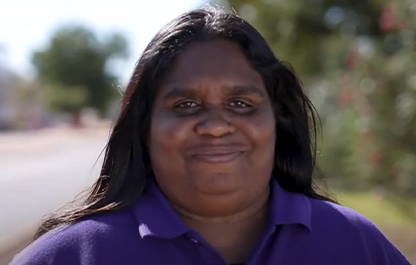
Rachel's story
A powerful story which highlights how the NDIS can provide support for Aboriginal and Torres Strait Islander people with a disability.
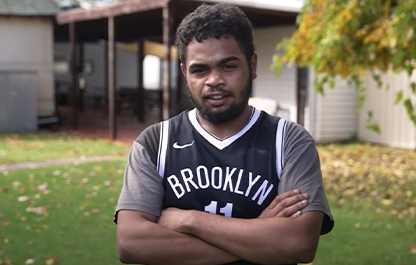
Shane's story
Learn about Shane’s journey and help spread the word about how the NDIS can support members of your community.
See the FASD Hub's curated Aboriginal and Torres Strait Islander resources and research
Stay connected
Join our mailing list to hear more from the FASD Hub, including our monthly newsletters, webinar invitations, and new publications.
Acknowledgement of Country
FASD Hub Australia acknowledges Aboriginal and Torres Strait Islander peoples as the Traditional Custodians of Country throughout Australia, and we recognise their connections to land, water and community. We pay our respect to their elders past and present, and extend that respect to all Aboriginal and Torres Strait Islander peoples.

